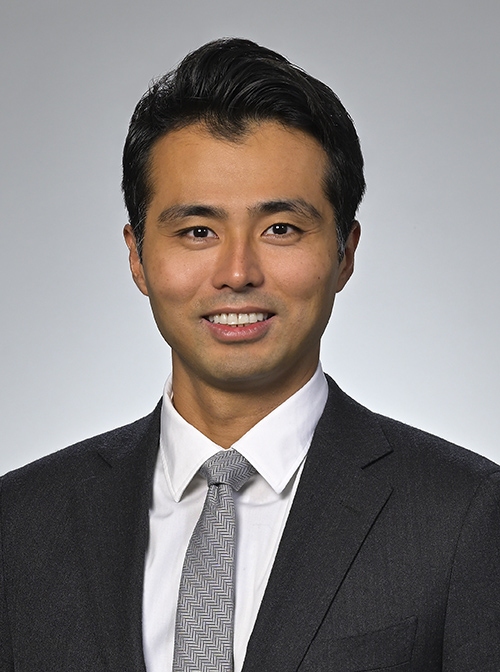Friday, March 28, 2025
9:00 am – 10:00 am
Wilkinson 021
Presenter: Daniel A. Hashimoto, MD MSTR
Assistant Professor in the Department of Surgery
University of Pennsylvania.

Abstract:
Surgical Data Science aims to improve the quality of interventional healthcare and its value through the capture and analysis of data. The operating room has long been siloed from in-depth review and analysis, but recent advances in computer vision and surgical robotics offer the promise of improved understanding and prediction of intraoperative events. However, challenges remain around collecting and annotating intraoperative data and modeling complex physiological phenomena and workflows during surgery. While engineers and surgeons have long worked together to advance clinical care, the advent of new sensors, surgical modalities, and emerging Ai techniques presents new opportunities for collaboration. We will discuss the translational challenges that remain, as wellas opportunities for interdisciplinary collaboration to ensure new surgical technologies are not only scientifically rigorous but also clinically impactful.
Biography:
Daniel Hashimoto, MD MSTR is assistant professor in the Department of Surgery at Perelman School of Medicine with a secondary appointment in the Department of Computer and Information Science at the School of Engineering and Applied Science at the University of Pennsylvania. He is a senior fellow at the Penn Institute for Biomedical Informatics and faculty in the General Robotics, Automation, Sensing, and Perception (GRASP) Laboratory. He is director of the Penn Computer Assisted Surgery and Outcomes (PCASO) Laboratory, a multidisciplinary group of clinicians and computer scientists that aims to translate advances in data science and artificial intelligence to surgical care and to promote the integrated education of clinicians, engineers, and data scientists. Dr. Hashimoto earned his MD and MS in Translational Research at the University of Pennsylvania, completed his surgical residency at Massachusetts General Hospital (MGH), and a research fellowship in surgical artificial intelligence and innovation at MGH and Massachusetts Institute of Technology under the mentorship of Profs. Ozanan Meireles and Daniela Rus. His clinical practice emphasizes robotic, endoscopic, and laparoscopic approaches to gastrointestinal surgery. His research has been recognized through awards from organizations such as the American Surgical Association, the Association for Surgical Education, the Society of American Gastrointestinal and Endoscopic Surgeons, and the American Society for Gastrointestinal Endoscopy. He serves on the clinical working group of MICCAI, the editorial boards of Annals of Surgery, Computer-Assisted Surgery, PLoS Digital Health, and the Journal Oversight Committee of Academic Medicine. He is editor of the textbook Artificial Intelligence in Surgery: Understanding the Role of AI in Surgical Practice.
Hosts: Brian Mann PhD, Siobhan Oca, PhD
Contact
stacey traister
stacey.traister@duke.edu
